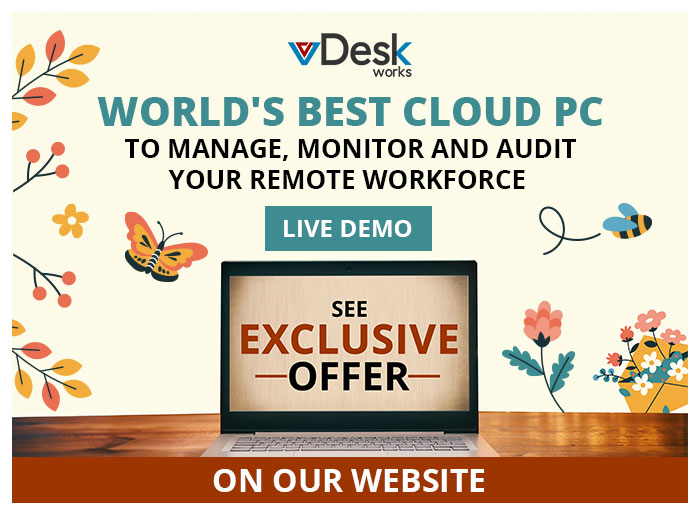My Real Estate Advisor
Ensuring that financial records are always current is the basis of a healthy commercial real estate business. But, not all real estate accounting software development companies develop software that can cope with the specific needs of commercial property managers.
The real estate accounting software you choose should fit the business of size and complexity to have enough functionality, reporting, and oversight. This guide will show you how to identify your portfolio’s needs and find the best accounting software.
Pinpoint Your Property Profile
First, you need to take stock of your entire line of properties. The basic property makes a great difference between residential homes and office buildings. The program must handle the different investable asset classes that form your portfolio and give you the tools and reports you need.
According to a commercial real estate survey, office properties (19%), industrial properties (19%), retail properties (17%), and multifamily properties (16%) were the four main categories. If your investment portfolio is intended for a high amount in a specific asset class, you select a platform that concentrates only on the specific property operations.
One of the aspects would also be understanding the properties you manage, whether owned or subcontracted. Are your investments a group of small places, or do you have tens or hundreds of buildings located in various regions? The scalability and availability features formulated should correspond with the current portfolio and also image the commercial real estate accounting software future expansion level.
Also Read, Real Estate Business Accounting Software: 7 Essential Features to Hunt For
Key Features to Optimize Oversight
While your particular needs will vary, there are several vital features commercial real estate accounting software should offer:
- Cloud-based access for remote collaboration and real-time visibility.
- Customized reporting abilities for ownership groups, investors, and lenders enhance transparency.
- Digital document storage and management eliminate paperwork.
- Integration and API abilities allow automatic syncing between accounting, property management, lease management, and other platforms, optimizing efficiency.
- Forecasting, budgeting, and consolidation by real estate accounting software offer higher-level financial insights.
- Dynamic charts, graphs, and dashboard visualizations make financial data digestible.
- The interface of the real estate accounting software should be intuitive enough for users of all experience levels. Responsive customer support is also crucial.
Top Solutions for Commercial Real Estate
Understanding your portfolio and needs allows you to evaluate accounting platforms built for commercial real estate management. Here are some top options:
-
Yardi : This end-to-end solution is full-featured and intuitive. Their Voyager software has robust accounting tools alongside property management, asset management, and analytics. Ideal for medium to large enterprises.
-
RealPage : Provides specialized accounting for multifamily, single-family, senior, and student housing. RealPage has configurable dashboards and robust reporting capabilities scaled to portfolio size. Competitive pricing.
-
Talygen : The solution offers strong accounting fundamentals and management system. Intuitive with mobile access and integration abilities. Caters to small, mid, and large portfolios. Highly scalable and user-friendly accounting software for real estate investors.
-
AppFolio : A cloud-based all-in-one solution ideal for smaller commercial property teams. AppFolio provides core accounting needs alongside property, lease, and tenant management tools in an easy-to-use platform. Cost-effective pricing.
Choosing the Optimal Fit
Considering your portfolio, operations, and team, evaluate real estate accounting software options thoughtfully. Prioritize features that will provide actionable financial insights and oversight efficiency tailored to your needs. Some critical criteria for assessment include:
- Ease of use and accessibility for your personnel’s skills
- Flexibility to handle your asset classes and portfolio expansions
- Custom reporting abilities that cater to your stakeholders
- Integration with other business platforms
- Scope of accounting capabilities matched to your requirements
- Responsiveness of customer support
- Pricing in line with your budget
Test free demos to gauge hands-on usability and read independent reviews. Taking the time to make the optimal software choice will pay dividends through more effective financial management and cost savings.
In Conclusion
Finding the right real estate accounting software is crucial for commercial real estate professionals to gain the financial visibility and efficiency needed to thrive in today’s market. By taking the time to fully evaluate your portfolio, feature needs, and team capabilities, you can determine the ideal solution for your business.
Opting for a platform aligned with your operations will provide the tailored functionality, seamless integrations, and robust reporting required for success. With the foundations of your accounting and oversight optimized, you’ll be equipped to efficiently navigate deals, demonstrate value, and drive growth throughout market uncertainties.
Your chosen real estate accounting software will be the backbone of your financial health and commercial real estate understanding.
About Us:
We review real estate accounting software to help businesses and professionals make informed decisions. Our reviews are unbiased and informative and cover each software’s features, pros, and cons.
Explore and find the best real estate accounting software for your growing business requirements and find more reasons to achieve success in the long run.


